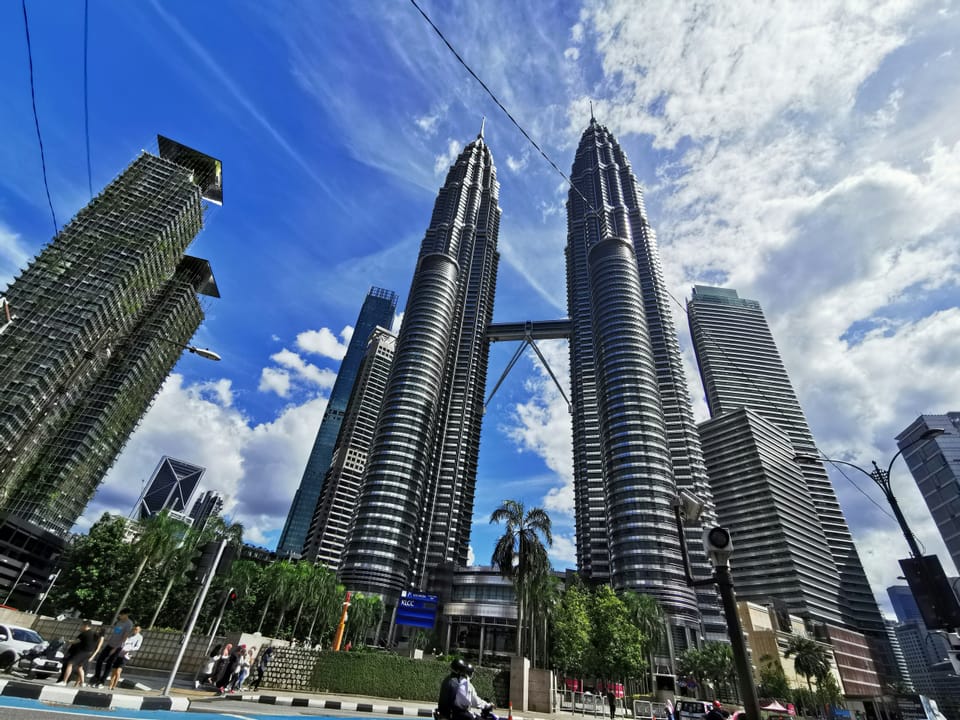Malaysian bank MBSB names first Chief Shariah and Sustainability Officer

Malaysian financial group MBSB has named Ashraf Gomma Ali as its first Group Chief Shariah and Sustainability Officer in an effort to integrate sustainability and Islamic finance.
Gomma Ali joined the bank on August 1 after three years as Managing Director of Ihsan Advisory, an ESG consultancy for the Islamic finance ecosystem. Before that, he worked as a consultant on Islamic banking for financial institutions at the International Finance Corporation (IFC) in Washington, DC.
The new Chief Shariah and Sustainability Officer also contributed to drafting the section on Islamic banking in the UNEP FI principles of sustainable banking, and regularly advises international Islamic banking standard-setting bodies such as the Accounting and Auditing Organisation for Islamic Financial Institutions.
MBSB: Innovation for sustainable Islamic finance
One of the MBSB’s top priorities as it begins its net-zero transformation is to promote innovative sustainable Islamic finance solutions and mechanisms, and Gomma Ali’s appointment is another step in this direction.
"By combining shariah and sustainability functions, MBSB is signalling its commitment to be a bank that not only adheres to Islamic principles but also seeks to create a positive impact on society and the environment,” the bank said in a statement.
"This dual responsibility underscores MBSB’s ambition to lead the way in integrating shariah principles with sustainability, positioning the bank well in this critical area,” it added.
MBSB, which owns MBSB Bank Berhad and Malaysian Industrial Development Finance Berhad (MIDF), launched its net zero strategy and began reporting on Scope 3 emissions in 2023.
That same year, MBSB provided more than US$150 million to solar, biomass and public infrastructure projects under Malaysia’s sustainability sukuk wakalah framework – the Islamic finance equivalent to green bonds.







Member discussion